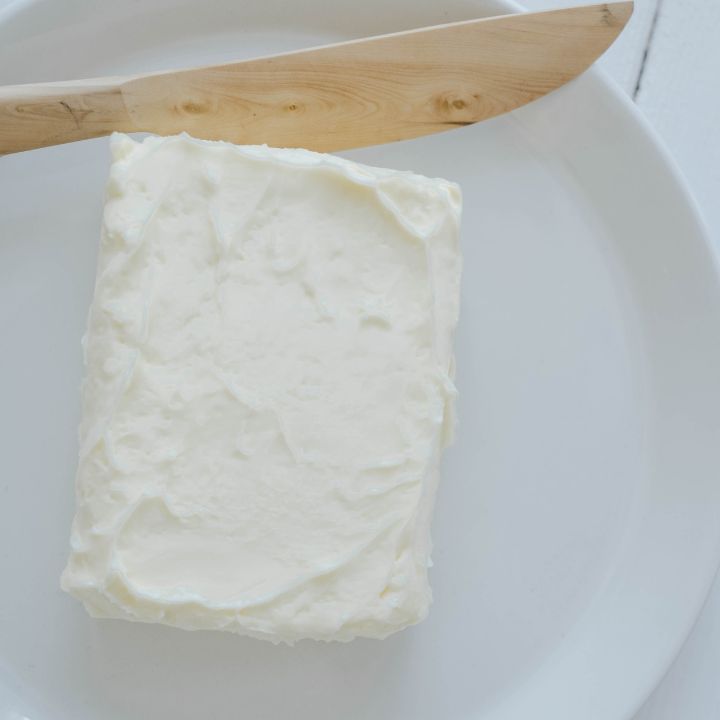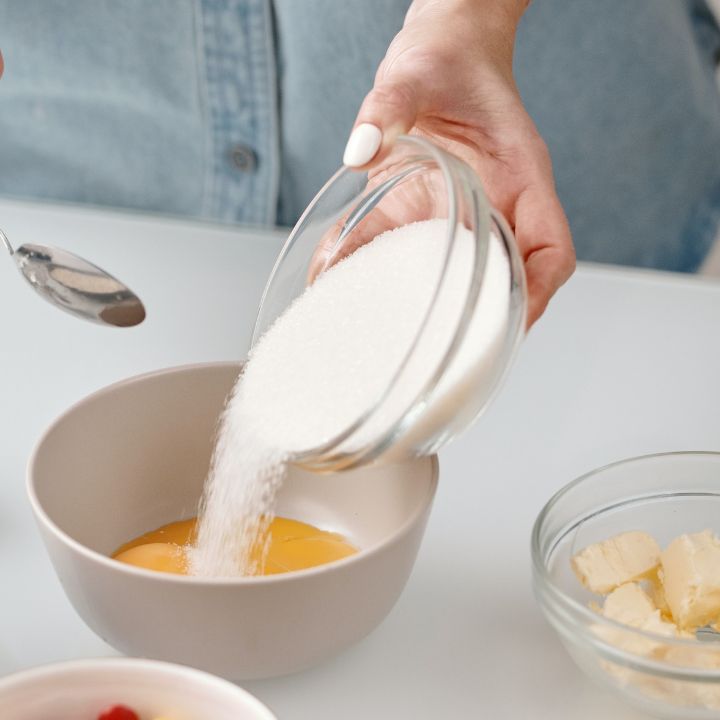Plant-based butter, also known as vegan butter, is a type of butter that is made without any animal products. It is typically made with plant-based oils such as coconut oil, palm oil, or vegetable oil, and often includes other ingredients such as water, emulsifiers, and flavors. Plant-based butter has become increasingly popular as more people adopt a plant-based or vegan lifestyle, but it is also a healthy alternative for those who want to reduce their intake of saturated fat and cholesterol.



Health Benefits
Lower Saturated Fat
One of the main health benefits of plant-based butter is that it is typically lower in saturated fat than traditional butter. Saturated fat is a type of fat that can raise cholesterol levels and increase the risk of heart disease. Plant-based butter is often made with unsaturated fats, which can help to lower cholesterol levels and reduce the risk of heart disease.
Free From Trans Fat
Plant-based butter is also typically free from trans fats, which are another type of unhealthy fat that can increase the risk of heart disease. Trans fats are often found in processed foods and baked goods made with hydrogenated oils. By choosing plant-based butter, you can avoid consuming trans fats and improve your overall health.
Omega-3 & Omega-6
In addition to being lower in unhealthy fats, plant-based butter is also a good source of omega-3 and omega-6 fatty acids, which are essential fats that the body needs to function properly. These healthy fats can help to reduce inflammation, support brain function, and promote healthy skin and hair.
Plant-Based Butter in Baking
Plant-based butter can be a good option for those who follow a vegan or dairy-free diet or want to reduce their saturated fat intake. The substitution ratio of plant-based butter for regular butter can vary depending on the recipe and the specific type of plant-based butter used. Here are some general guidelines:
- If the recipe calls for melted butter: Substitute an equal amount of melted plant-based butter.
- If the recipe calls for softened butter: Substitute an equal amount of softened plant-based butter.
- If the recipe calls for cold butter: Use a plant-based butter that is specifically labeled for baking or has a similar texture to cold butter. Substitute an equal amount by weight (e.g. if the recipe calls for 1/2 cup of butter, use 4 ounces of plant-based butter).
It’s important to note that some plant-based butters have a lower water content than regular butter, which can affect the texture of the baked goods. It may be necessary to adjust the recipe slightly or add a small amount of liquid to compensate. It’s also a good idea to choose a plant-based butter that has a similar fat content to regular butter to ensure the best results.
Healthy Substitute
When used in baking, plant-based butter can provide several benefits. One of the main benefits is that it can be used as a healthier substitute for traditional butter. Plant-based butter can be used in place of butter in many recipes, including cakes, cookies, and pastries. This can help to reduce the amount of saturated fat in the recipe while still providing a rich and creamy texture.
Flavor
Plant-based butter can also add a unique flavor to baked goods. Some types of plant-based butter are made with natural flavors, such as cashew or coconut, which can add a delicious and distinct flavor to desserts. This can help to make baked goods more interesting and appealing, without sacrificing taste or texture.
Quality
When using plant-based butter in baking, it is important to choose a high-quality product that is free from artificial flavors, colors, and preservatives. Look for plant-based butter that is made with natural ingredients and is free from hydrogenated oils. It is also important to measure the plant-based butter carefully to ensure that the recipe turns out properly.
Recipes
There are many delicious recipes that use plant-based butter in baking. One popular recipe is vegan chocolate chip cookies. These cookies are made with plant-based butter instead of traditional butter, making them a healthier and more sustainable option. The plant-based butter adds a rich and creamy texture to the cookies, while also providing several health benefits.
Another delicious recipe is vegan banana bread. This banana bread is made with plant-based butter and other plant-based ingredients, making it a healthy and flavorful alternative to traditional banana bread. The plant-based butter adds a rich and creamy texture to the bread, while also providing essential nutrients.
Plant-based butter is a healthy and sustainable alternative to traditional butter. It is lower in saturated fat and free from trans fats, making it a great choice for those who want to improve their heart health. When used in baking, plant-based butter can add a rich and creamy texture to desserts while also reducing the amount of unhealthy fats in the recipe.
There are many delicious recipes that use plant-based butter in baking, from vegan chocolate chip cookies to vegan banana bread. With the right use of plant-based butter, you can create delicious and healthy baked goods that are good for you and the planet.

